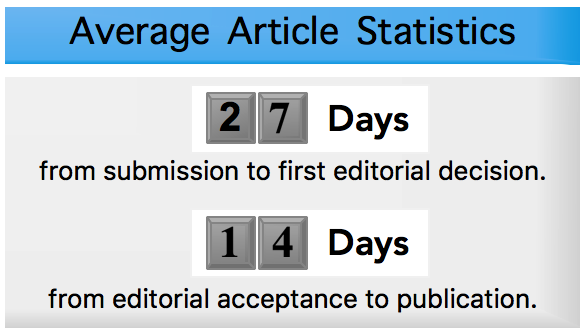Downloads
Abstract
The advancement of computing power and the proliferation of big data have opened unprecedented avenues for the Intelligent Transportation Systems (ITS) community to extract valuable insights from Global Positioning System (GPS) trajectory data. However, the reality of real-world GPS trajectory data often lacks complete information due to various factors (e.g. detector damage, transmission loss, ...), thus posing significant challenges for trajectory analysis and operational efficiencies within transportation systems. To address this issue, time series data imputation techniques have emerged as critical solutions to accurately fill in missing data points. Existing imputation approaches can be classified into statistical methods and deep generative models. Significantly, within the domain of deep generative models, Generative Adversarial Imputation Networks (GAIN) have exhibited promise in the realm of data imputation. Nonetheless, their limited capacity to effectively handle time series data represents a notable limitation. Additionally, GPS trajectories, particularly those of buses, exhibit a distinctive characteristic wherein each vehicle is assigned to one or more predetermined routes, adding complexity to the data imputation process. In response to these challenges, this study proposes a novel hybrid imputation approach, Cluster-GRUI-GAIN, which integrates clustering techniques (e.g. KNN) with the enhanced generative adversarial imputation network, GRUI-GAIN. By combining the strengths of clustering and GAIN, our hybrid approach aims to enhance the accuracy of time series data imputation for GPS trajectories with diverse missing rates and significant gaps. Specifically, the GRUI-GAIN model within our proposed Cluster-GRUI-GAIN framework incorporates GRUI (GRU for Imputation) within the generator. This strategic integration enhances the model's ability to effectively handle missing data within time series, thereby bolstering the accuracy and reliability of imputations. Experimental evaluations on real-world dataset demonstrate that our proposed Cluster-GRUI-GAIN approach outperforms baseline methods in terms of time series imputation accuracy and offers robust and accurate imputations, making it well-suited for practical transportation applications.
Issue: Vol 6 No SI8 (2023): Vol 6 (SI8): Advanced technologies for computer science and engineering 2023
Page No.: 69-80
Published: Dec 31, 2024
Section: Research article
DOI: https://doi.org/10.32508/stdjet.v6iSI8.1223
PDF = 101 times
Total = 101 times

 Open Access
Open Access 








